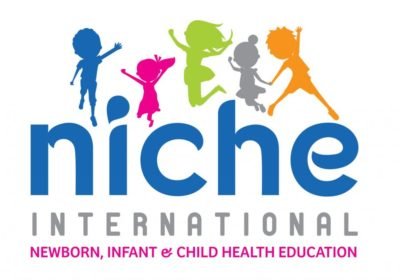Here are a few pictures from the first day of the Newborn Care Course which went well today. As it is the first course to be run in Liberia and there are only 2 UK trained instructors, we have kept the course numbers small.

We have 12 learners, all very keen midwives and nurses. We have 2 doctors sitting in who are helping with the smooth running of the course. It’s good to see the support for the course from the medical fraternity here at CH Rennie hospital and they add to the educational content because they can fill in the gaps for us on what certain policies are here in Liberia. They also have some influence over the change process. We do a session on handwashing when talking about infection control and the medical director popped in during it. This gave the clinical staff an opportunity to tell us that the soap they use for washing their hands is dirty and to tell him by inference that they would like liquid soap. He took the hint well and asked one of the doctors to put it on a priority ordering list. Result!

We also spoke about initiating early breastfeeding which they do well here except with the mothers who are having a Caesarean section. In the UK, the birth partner is with the mother during the C section if it is being done under spinal anaesthaesia (with Mum awake), and the baby can then be put to the breast while the obstetricians are still closing the abdomen. There was certainly some interest expressed today in trying to start this in Liberia.
WHO identifies 4 priorities for reducing neonatal mortality rates:
- Resuscitation at birth
- Keeping babies warm
- Early and exclusive breastfeeding
- Recognition and treatment of serious infection
The Newborn Care Course is based on this agenda. We cover the first 3 points on day 1 and then move into recognising the “Danger Signs” using simulation training for day 2. The whole afternoon of the first day of the course is dedicated to neonatal resuscitation.



